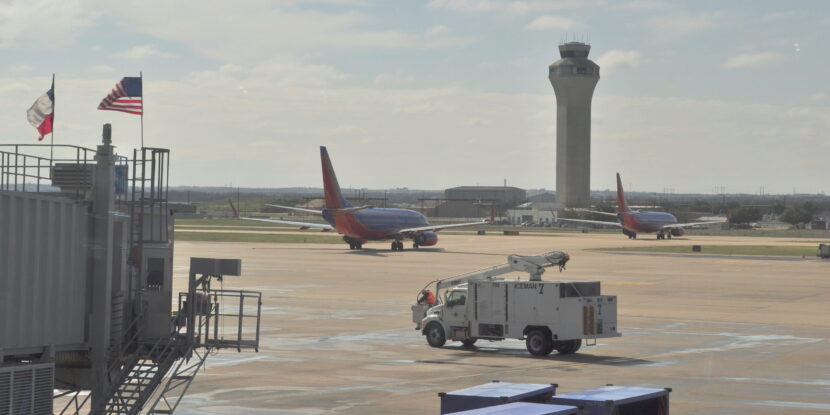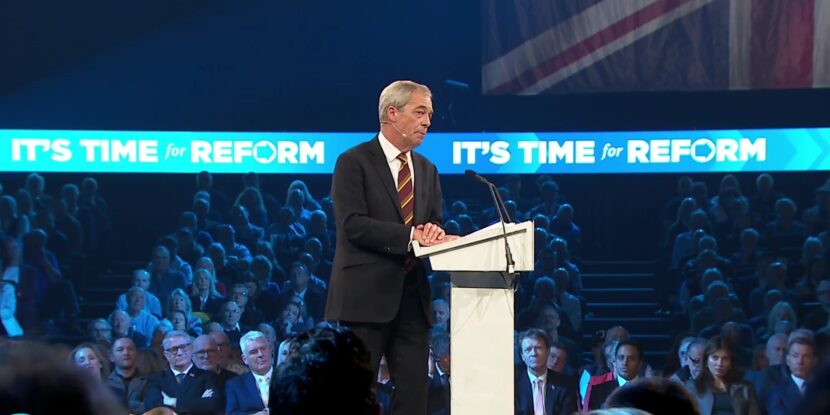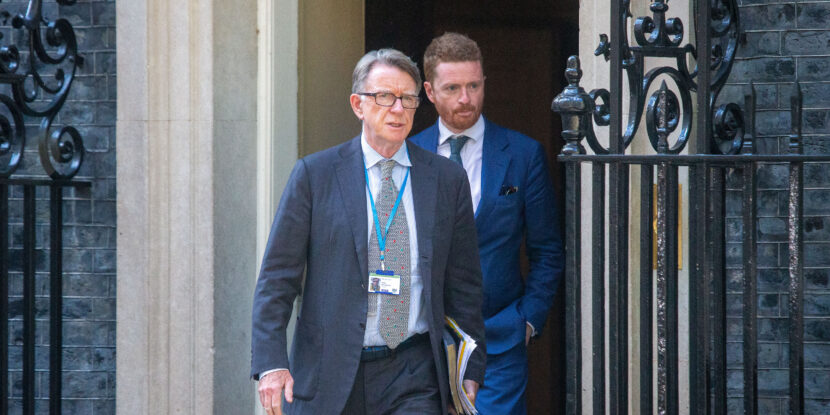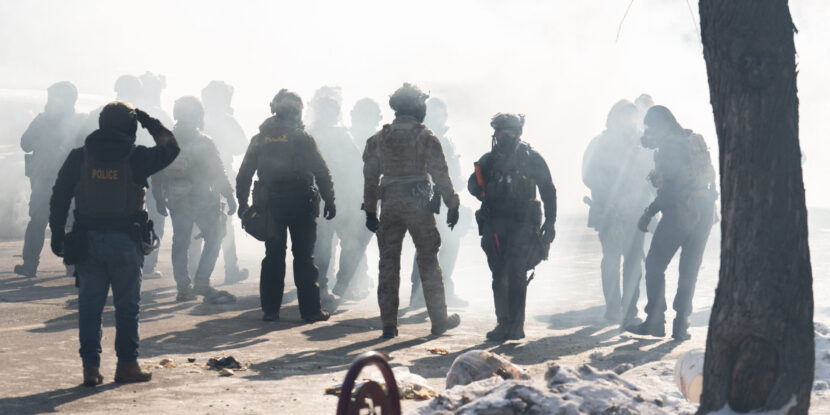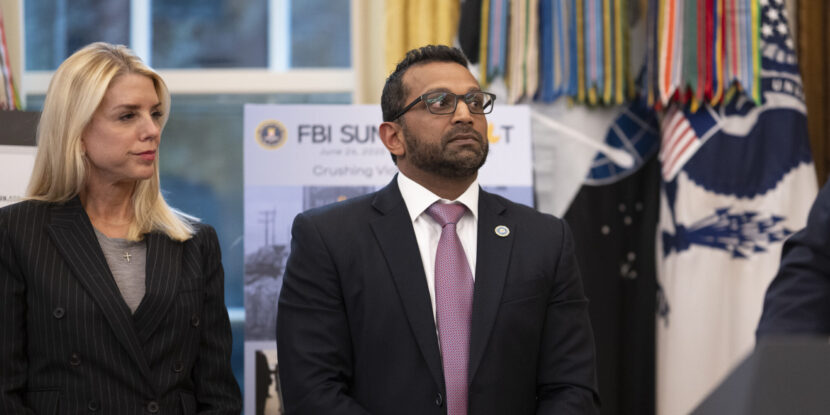❓WHAT HAPPENED: Airports across the U.S. are experiencing significant delays and cancellations following a Federal Aviation Administration (FAA) order to scale back flights due to the ongoing government shutdown.
👤WHO WAS INVOLVED: The Federal Aviation Administration, major airlines like United, Southwest, and American, and thousands of passengers nationwide.
📍WHEN & WHERE: The order took effect on November 7, 2025, impacting 40 airports nationwide, including major hubs in Atlanta, Chicago, Denver, Los Angeles, and New York.
💬KEY QUOTE: “If I were you, I wouldn’t travel over the next three days,” said Karen Soika, a passenger affected by the cancellations.
🎯IMPACT: Over 1,100 flights have been canceled and nearly 10,000 delays recorded, with disruptions expected to worsen as reductions increase to 10 percent by next week.
Airports across the United States are grinding to a halt as delays mount, with over 1,000 flights canceled this morning. The Federal Aviation Administration (FAA) issued an unprecedented order to scale back flights nationwide, citing the ongoing Democrat government shutdown, which is now the longest in U.S. history.
The FAA reductions began at four percent today and are set to increase to 10 percent by next Friday. This cutback affects all commercial air carriers and is impacting 40 airports nationwide, including major hubs such as Atlanta, Dallas, Denver, Los Angeles, and Charlotte, as well as metropolitan areas like New York, Houston, Chicago, and Washington, D.C.
According to flight tracking data, over 1,100 flights were canceled before 8 AM today, with an additional 9,800 delays recorded. Airports such as Atlanta, Chicago O’Hare, Denver, and LAX have been hit the hardest, with cancellation rates of around three percent reported this morning.
Passengers are scrambling to adjust their travel plans. Karen Soika, a top cosmetic surgeon, arrived at Newark Airport only to find her flight canceled. She decided to rent a car and drive 2,100 miles to Utah to ensure she arrives by Tuesday. “From what I hear with the counters, the airline counters and TSA, they literally said to me: ‘If I were you, I wouldn’t travel over the next three days,'” Soika told CNN.
Airlines are required to refund customers for canceled flights, but are not obligated to cover secondary costs, such as food and hotel stays, unless the delay or cancellation is within the airline’s control. Some carriers, including United, Southwest, and American, are offering travelers the option to voluntarily cancel their trips and receive refunds, even for non-refundable tickets. Meanwhile, airlines are focusing on minimizing disruptions by reducing or eliminating routes to and from smaller cities.
Join Pulse+ to comment below, and receive exclusive e-mail analyses.
